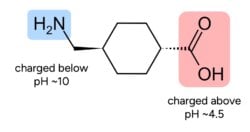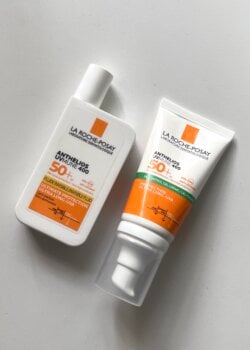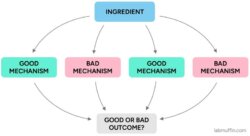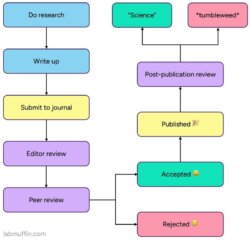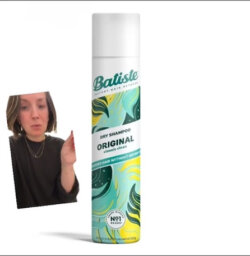Does tranexamic acid work? Response to The Beauty Brains
I recently talked about how I don’t think tranexamic acid works in most skincare products I’ve come across, in both a YouTube video and an Instagram post. Perry Romanowski and Valerie George of The Beauty Brains podcast commented on my opinions in Episode 369, “Can Tranexamic Acid Really Reduce Hyperpigmentation?”, published 14 July 2024. Unfortunately I don’t think they looked …
